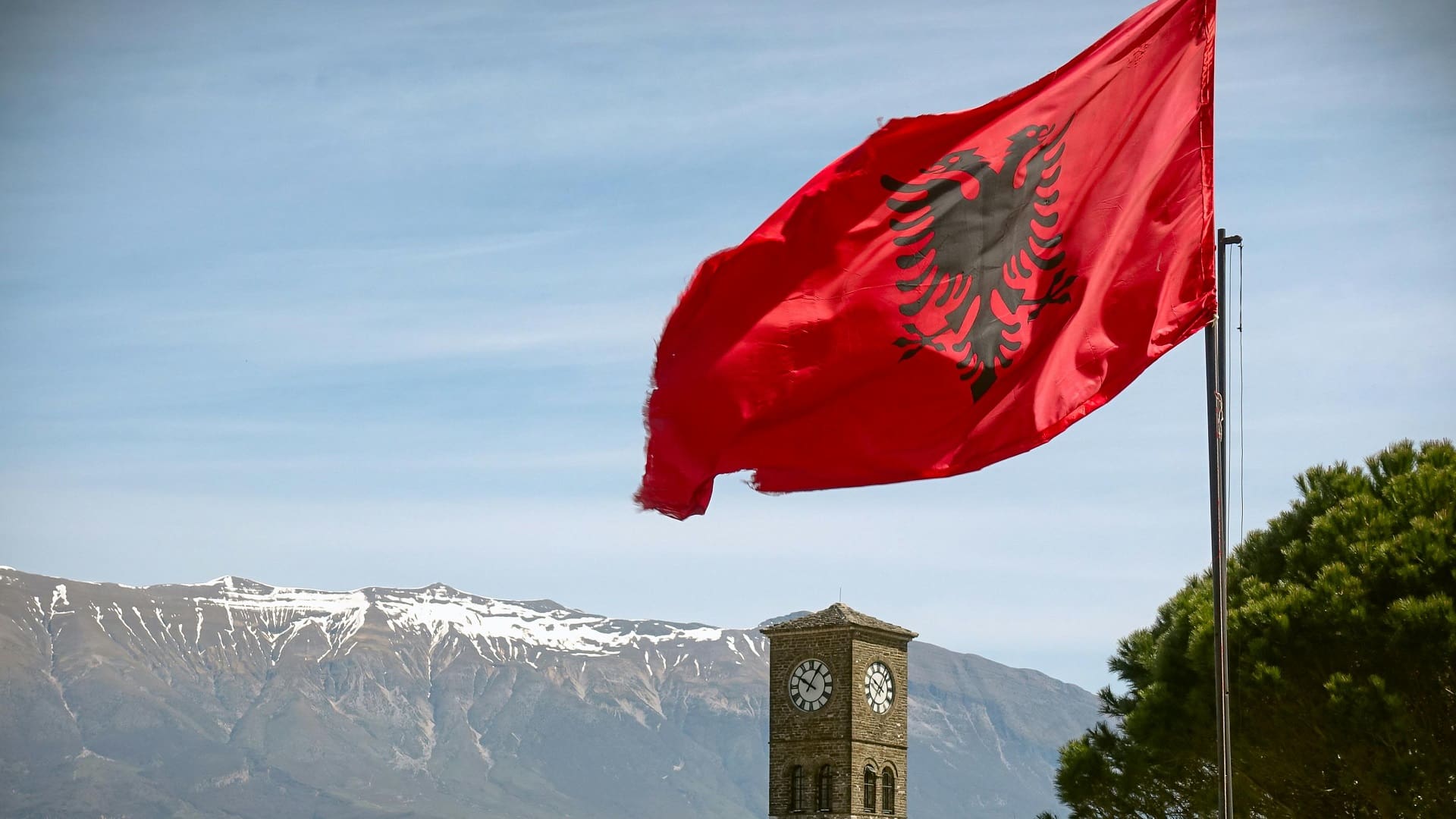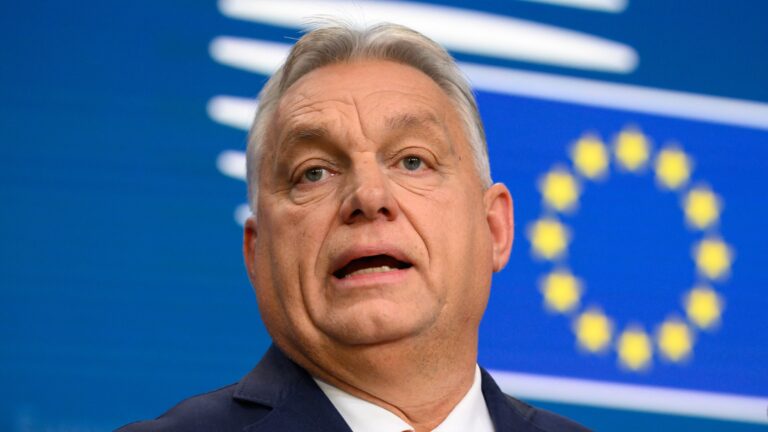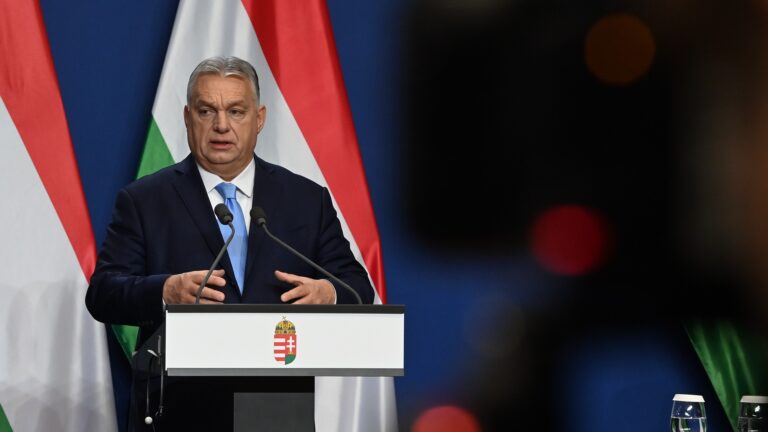Advancing the EU accession process of Western Balkan countries is a top priority for Hungary during its presidency of the Council of the EU. This was stated by Barna Pál Zsigmond, Parliamentary State Secretary and Deputy Minister of the Ministry of European Union Affairs during an appearance on Hungarian public television as well.
Evidently, such statements draw the attention of those very nations in question. Which is why Alejandro Esteso Pérez published an analytical piece about the issue for the Balkan Investigative Reporting Network. The BIRN network has offices across the region, such as in Sarajevo, Bosnia and Herzegovina; Belgrade, Serbia; and Tirana, Albania as well. In his piece, author Pérez expresses some skepticism about
how much of its Balkan accession-centric agenda Hungary will be able to get done in the six months of the rotating presidency.
As he puts it:
‘The impact of Budapest’s pledged enlargement-centric agenda will be heavily constrained not only by the administrative aftermath of June’s EU elections—a period of institutional transition that could well stretch until the end of the year—but especially by the political resistance of a vast majority of member states that eye this presidency with skepticism and concern.’
Kornel Klopfstein on X (formerly Twitter): “Budapest’s pledged enlargement-centric agenda will be heavily constrained not only by the administrative aftermath of the EU elections, but also by political resistance from many member states…https://t.co/rus9K6EdrO / X”
Budapest’s pledged enlargement-centric agenda will be heavily constrained not only by the administrative aftermath of the EU elections, but also by political resistance from many member states…https://t.co/rus9K6EdrO
However, the author goes on to write that the awareness the Orbán administration brings to the issue will help the nations in the region diplomatically, who will now have additional leverage in negotiations.
‘The authorities in Budapest are clear that EU integration of the Western Balkans will top their presidency agenda. Three main lines of policy action are set to take centre stage: advancing accession talks with Bosnia and Herzegovina; addressing the issues that are seeing Albania and North Macedonia’s accession processes blocked; and opening new chapters of the acquis with Serbia.’
The author also points out that the EU expansion into the Western Balkans is strategically important for Hungary because these countries could be tasked with guarding the external borders of the Union in the Balkan migrant route.
Another reason why Hungary is prioritizing the issue is to win new, conservative ideological allies in Brussels.
Most notably, President Aleksandar Vučić of Serbia, with whom Prime Minister Orbán has had a close relationship for years.
The accession of Western Balkan nations was first proposed by the Union in 1999, when, within the Stabilisation and Association Process (SAP), it was determined that the countries in the region make proper potential member states. Since then, only Croatia managed to actually join the EU—it was the last nation to do so on the whole continent, in 2013. Albania, Bosnia and Herzegovina, Montenegro, North Macedonia, and Serbia have all been granted official candidate status, some of them as early as 2014, which means they have been negotiating a potential accession for a decade now.
Related articles:








